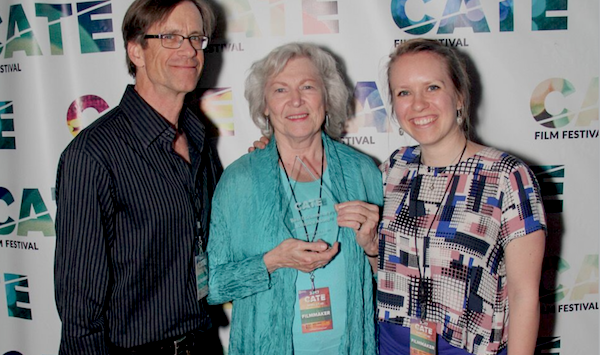It is almost impossible to exaggerate the amount of press, praise, criticism and scholarly attention heaped upon the film “Thelma & Louise” in the 23 years since its release. For example, if you run a search of scholarly publications, you will find that it has been written about in well over a thousand books and journal articles. It has been the subject of entire books, university theses, and psychoanalytic treatises. If you do a simple google search, you will find “Thelma & Louise” mentioned on nearly 1 ½ million web pages. The film has been sub-titled or dubbed in dozens of languages, from Arabic to Indonesian to Turkish. To say that Thelma & Louise has staying power is the epitome of understatement. In just the past 15 months, the film has been referred to in 100 scholarly treatises. In some of these it is mentioned in the context of a broader subject, such as cinematography, whereas in other instances, it is one of the primary focuses of the writing. One such example is Delights And Dangers: The Pursuit Of The Oceanic In Thelma & Louise and Lost by Christine Kyle, available through Research Commons Library at the University of Texas, Arlington.
Here is an excerpt from Kyle’s abstract: “The oceanic is a sensation of unity, eternal connectedness, and oneness with the universe. The sensation can manifest itself in a variety of ways, and it is a pervasive one which has affected many people throughout the ages. … In this paper, I explore the oceanic sensation in two contemporary visual texts: the film Thelma & Louise and the television show Lost.”
Another example: The Culture and Philosophy of Ridley Scott, by Adam Barkman, Ashley Barkman, and Nancy Kang.
In addition to English, a search will reveal books, journals and erudite papers addressing the film in languages such as Taiwanese, German, Spanish and French. You will find psychological, philosophical, psychoanalytical, sociological, and even political science papers. Some will seem abstruse, even impenetrable, while others may seem bewildering, surprising, or inspired.


